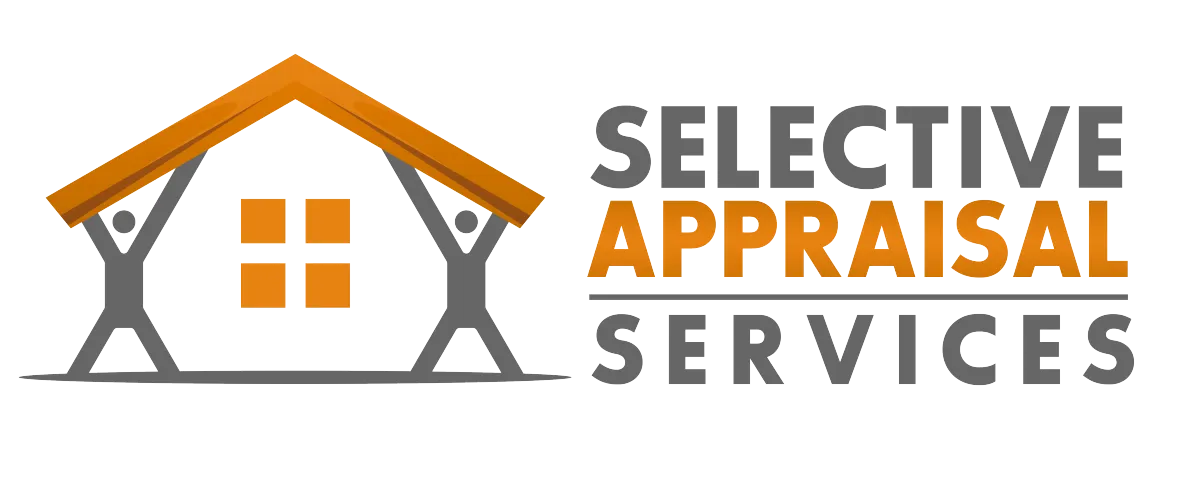Call or Text For a Free Quote at (480) 789-0344 or Email us at [email protected]
Accurate. Fast. Trusted.
With over 20 years of experience, we provide accurate, USPAP-compliant appraisals you can trust. Whether you’re navigating a divorce, estate, bankruptcy, or preparing to buy or sell a home, our certified team delivers clear, defensible reports with fast turnaround times.
About Us
Trust.
Integrity.
Precision.
Excellence.
Committed to Delivering Accurate & Reliable Property Valuations 3 Days After Inspection
We are committed to delivering accurate and reliable property valuations that help you move forward with confidence. Specializing in residential and legal appraisals, our experienced team provides objective, well-supported reports tailored to your needs. Whether you're navigating a divorce, settling an estate, or preparing to buy or sell a home, we approach every assignment with integrity, clarity, and precision ensuring you get the trusted results you deserve.

Empowering You to Make Confident Property Decisions
With every appraisal, we provide you with the clarity and data you need to protect your assets and plan your next steps. Our mission is to give you peace of mind, whether you're navigating a legal process, preparing to sell, or managing an estate. We're not just appraisers; we’re trusted valuation professionals dedicated to your success.
Accurate Valuations
Our appraisals go beyond basic numbers. We conduct a comprehensive evaluation of your property, factoring in location, condition, market trends, and recent comparable sales. Every report is USPAP-compliant and crafted with precision, giving you a defensible and unbiased valuation you can rely on. With our accurate insights, you can move forward with confidence.
Trusted Expertise
Our certified appraisers bring decades of experience in residential and legal valuations throughout Arizona. We understand the sensitivity of divorce, estate, and bankruptcy matters and we tailor our service accordingly. From start to finish, we ensure transparency, reliability, and fast turnaround times. You’ll always know where your property stands and what comes next.
Professional Residential Appraisal Services
We provide detailed residential appraisal services designed to give you a clear and accurate understanding of your property’s market value. Whether you're buying, selling, refinancing, or navigating a legal matter, our certified appraisers deliver reliable, well-supported reports. With a focus on precision, transparency, and client satisfaction, we help you make informed decisions with confidence.
Securing Your Investment with Expert Property Appraisals
With decades of experience in residential real estate appraisal, our team is committed to delivering accurate, objective, and detailed property valuations. From evaluating market conditions to analyzing the specific features of your home, we provide reports you can trust. Our goal is to support your financial and legal decisions with dependable valuations that reflect true market value protecting your investment every step of the way.
20+
Years of Expertise
30000+
Properties Inspected
100%
Reliable Reports
What Our Clients Say About Us
Secure Your Investment with Expert Appraisals
We specialize in delivering accurate and comprehensive residential property appraisals that reflect true market value. Our certified appraisers conduct detailed evaluations to support a wide range of needs whether you're buying, selling, refinancing, or handling a legal matter. With deep local knowledge and industry expertise, we provide the clarity you need to make informed and confident decisions.

Get a Free Quote Form

Our team provides accurate, well-supported valuations to help you make informed decisions. Whether you're buying, selling, refinancing, or navigating a legal matter, you can count on us to be your trusted partner every step of the way.
Quick links
Services
Coverage Areas
© Selective Appraisal Services. 2026. All Rights Reserved.